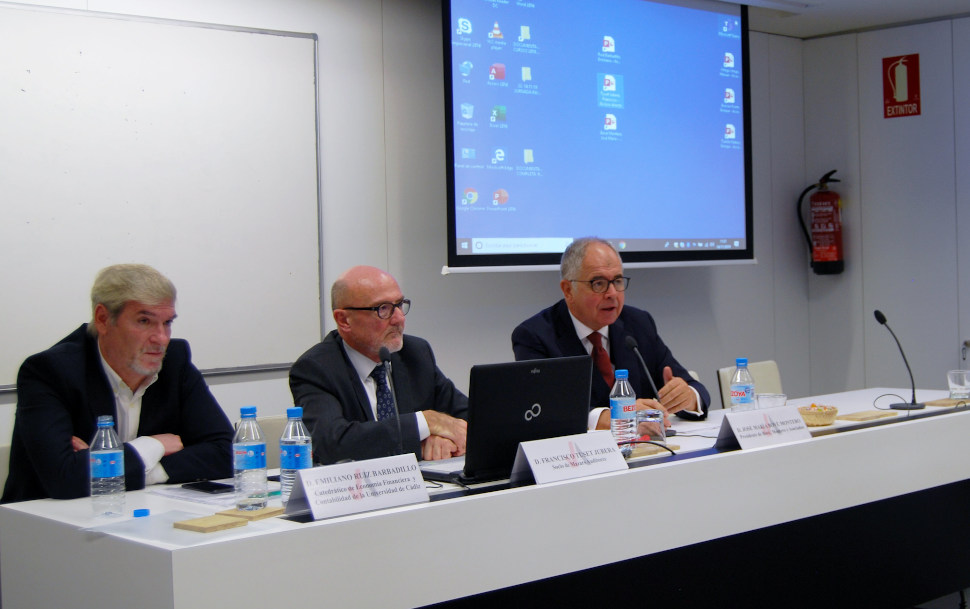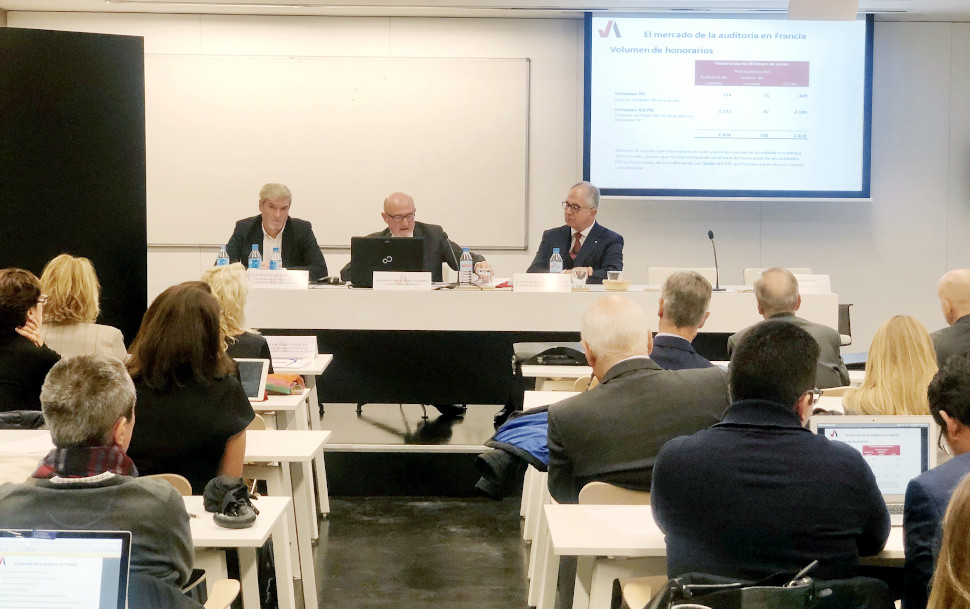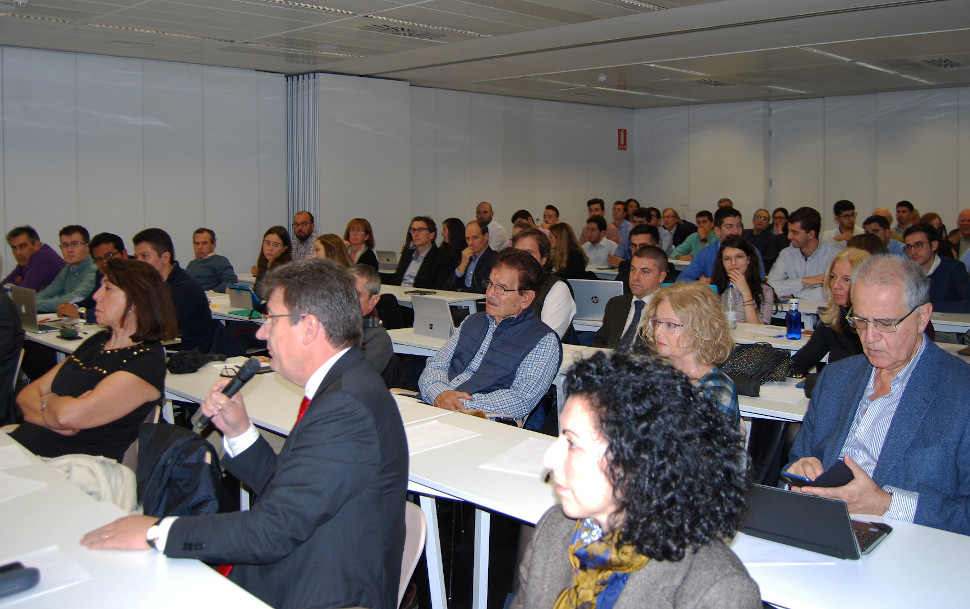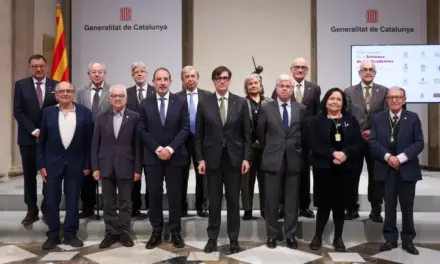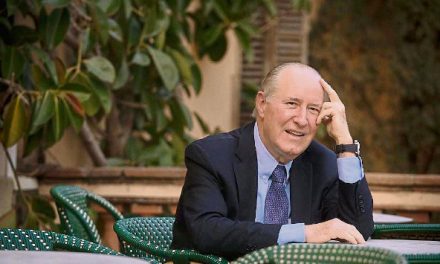José María Bové, full academician of the Royal European Academy of Doctors-Barcelona 1914 (RAED), honorary general consul of Austria for Catalonia and Aragon and president of Bové Montero y Asociados, one of the main Spanish firms in the field of auditing and the consultancy, participated in the VI Conference on Audit Research organized on November 14 by the Madrid Association of the Account Census Institute of Spain at its Audit School. Bové reflected on the so-called co-audit or shared audit and its implementation in Spain in a session with Emiliano Ruiz, professor of Financial Economics and Accounting at the University of Cadiz, and Francisco Tusset, partner of the international firm of auditors Mazars.
The academician considered that the co-audit is a practice that although today in Spain is used in a residual way it will end up being generalized following the recommendations of the European institutions. Hence, urge companies to become familiar with it. And he recalled that its regulation was born in 2014 as a reaction to the financial scandals that hit the great world economies at that time. “The European regulation on the specific requirements for the legal audit of public interest entities argues that the appointment of more than one legal auditor or audit firm favors the exercise of professional skepticism and contributes to increasing the quality of the audit. And concludes that public interest entities should be encouraged and encouraged to designate more than one legal auditor or audit firm to carry out their legal audit”, he said in a recent article published in the Spanish economic newspaper “Cinco Días”.
“The fact that an audit is carried out with another professional of trust and proven competence allows the sharing of strengths and risks, experiences and complementary points of view are crossed, the debate and the critical sense are enriched and, finally, the skepticism. There is more: co-audit minimizes the threat of familiarity (or what is the same, loss of independence), while reinforcing the position of both professionals in the event of possible attacks from the steering committee and the audit committee”, he said.
The Institute of Account Censors of Spain, created in 1942, is a private institution that groups the censors of accounts of Spain and the accounts audit companies and has the recognition of a Public Law corporation linked to the spanish Ministry of Economy and Business. It defends the interests of its members and ensures the development and proper functioning of the audit activity at national and international level, with presence in the main audit organizations, in which it actively participates.
Its objectives include the promotion and dissemination of the importance of the role of auditors in economic and social activity and in increasing transparency, maintaining the high professional quality of its members, compliance with ethical standards and values that are inherent to the profession: integrity, independence and professional competence, the offer of a wide range of technical quality services to its members, ongoing and continuous training, collaboration in the business development of its members, the defense of collective interests, the maximum representativeness of the corporation in all public and private regulatory bodies to collaborate in the improvement of the regulations and operation of the activity in Spain and internationally.

